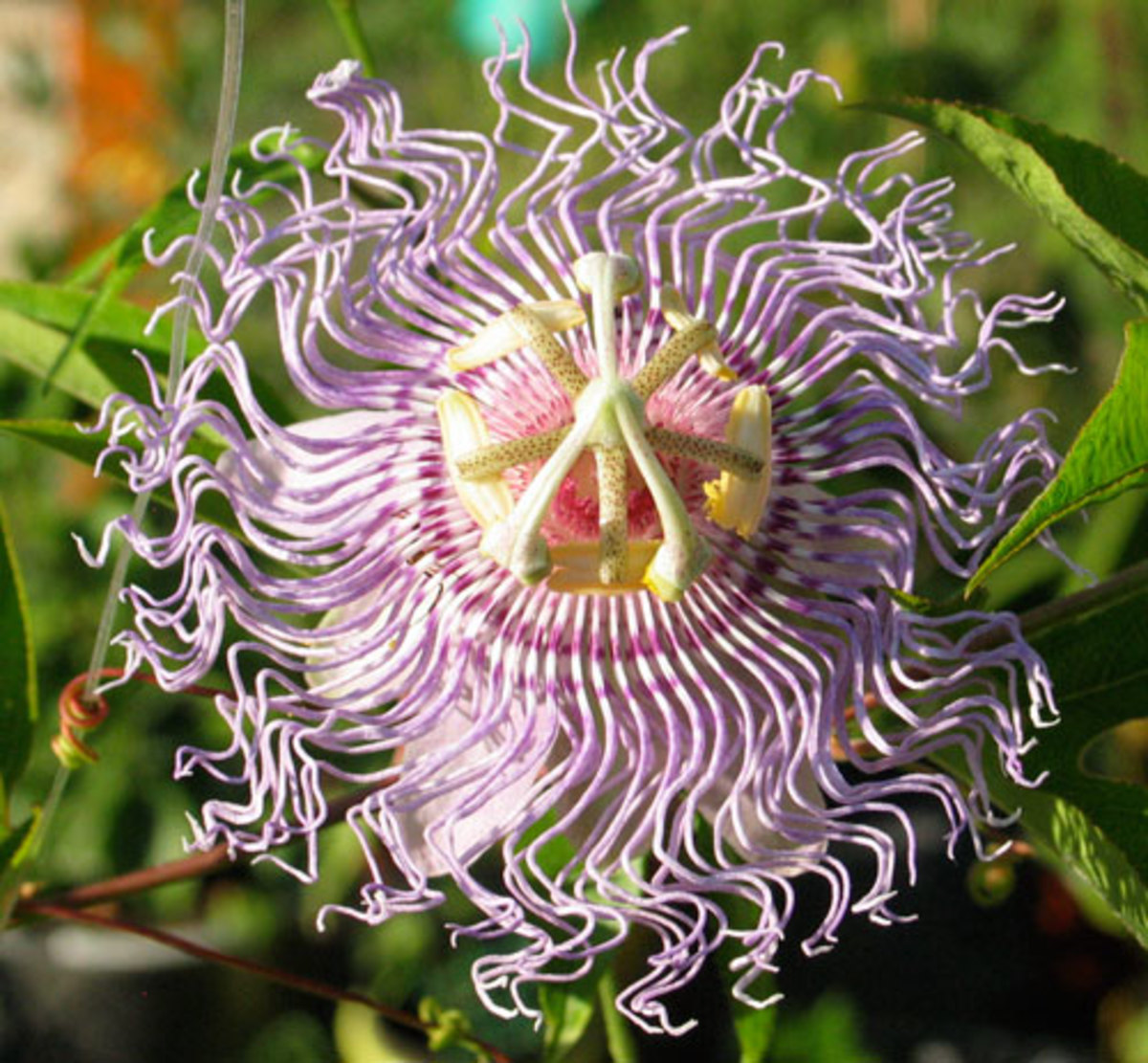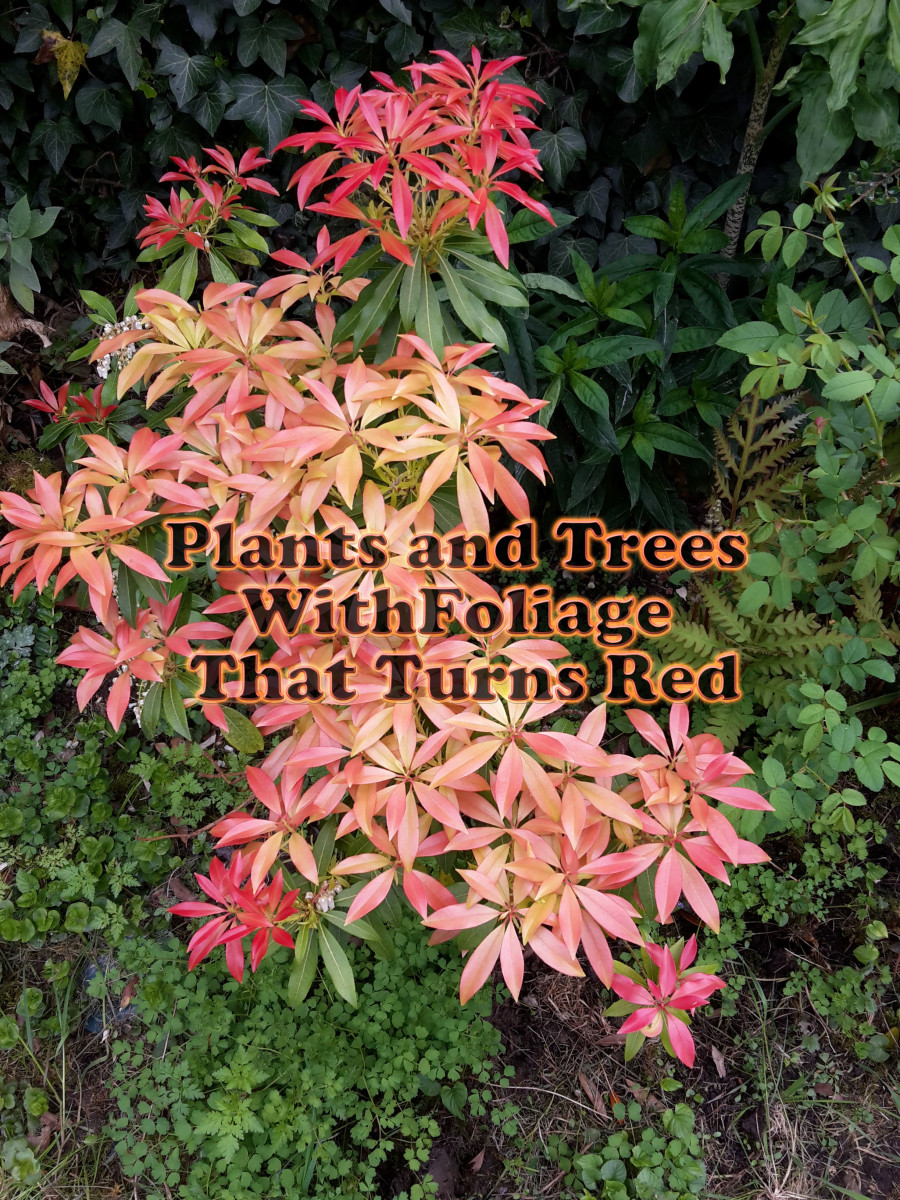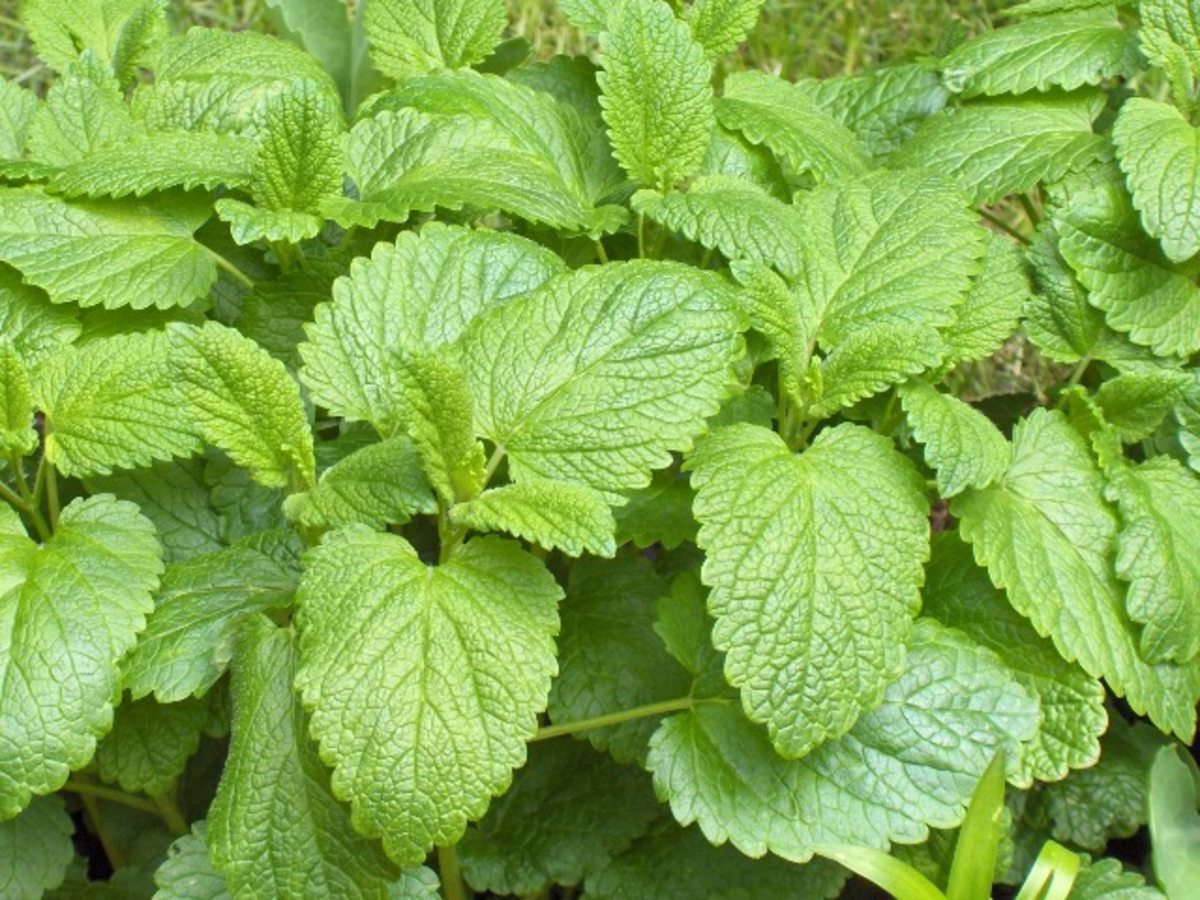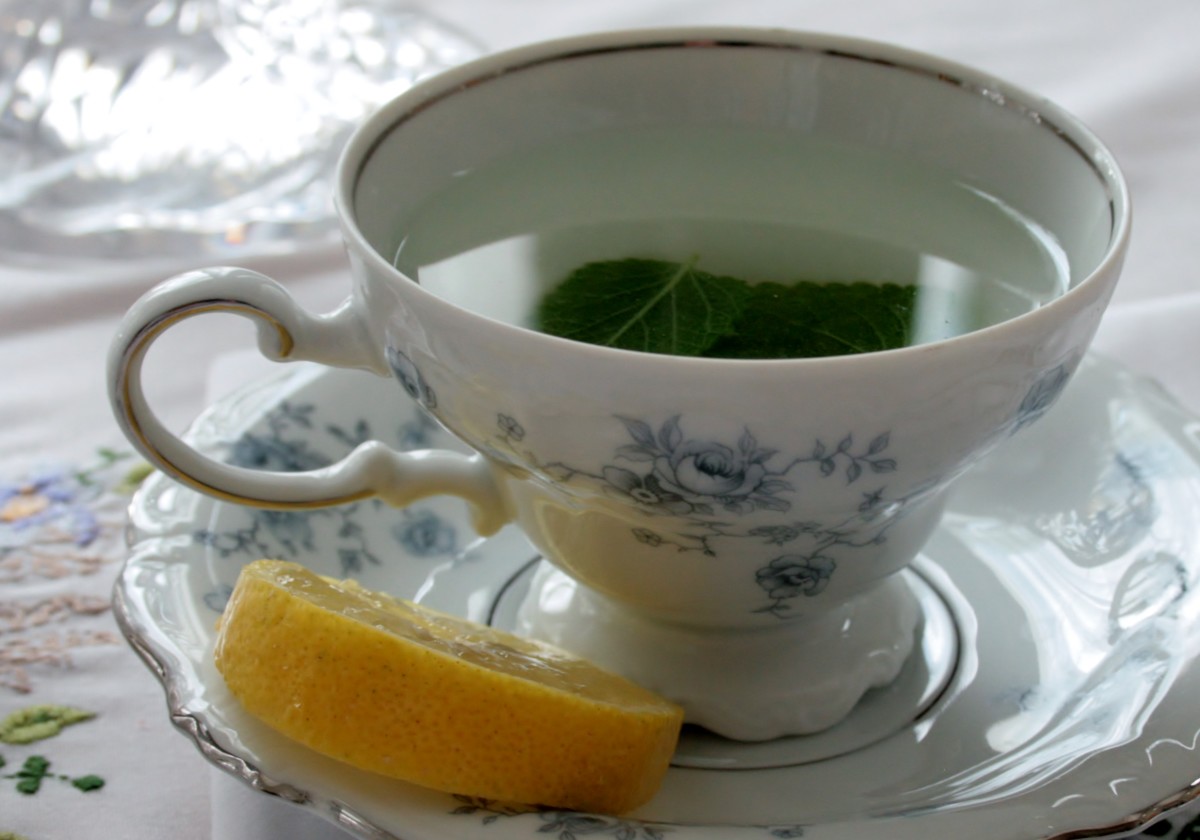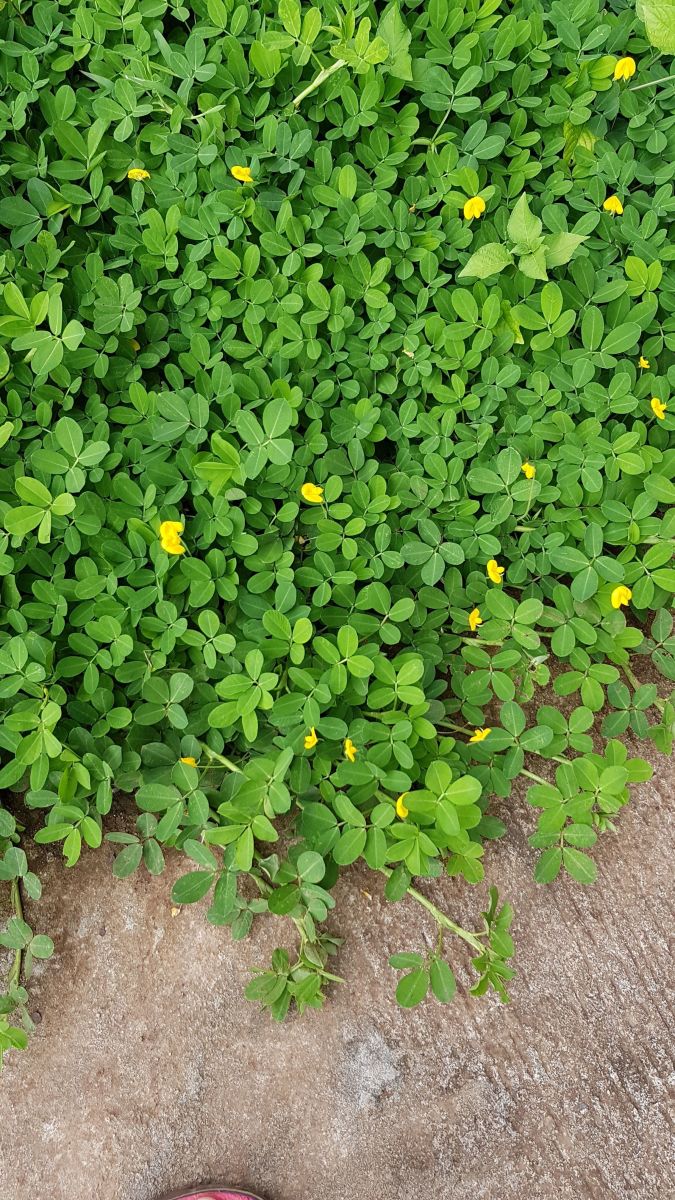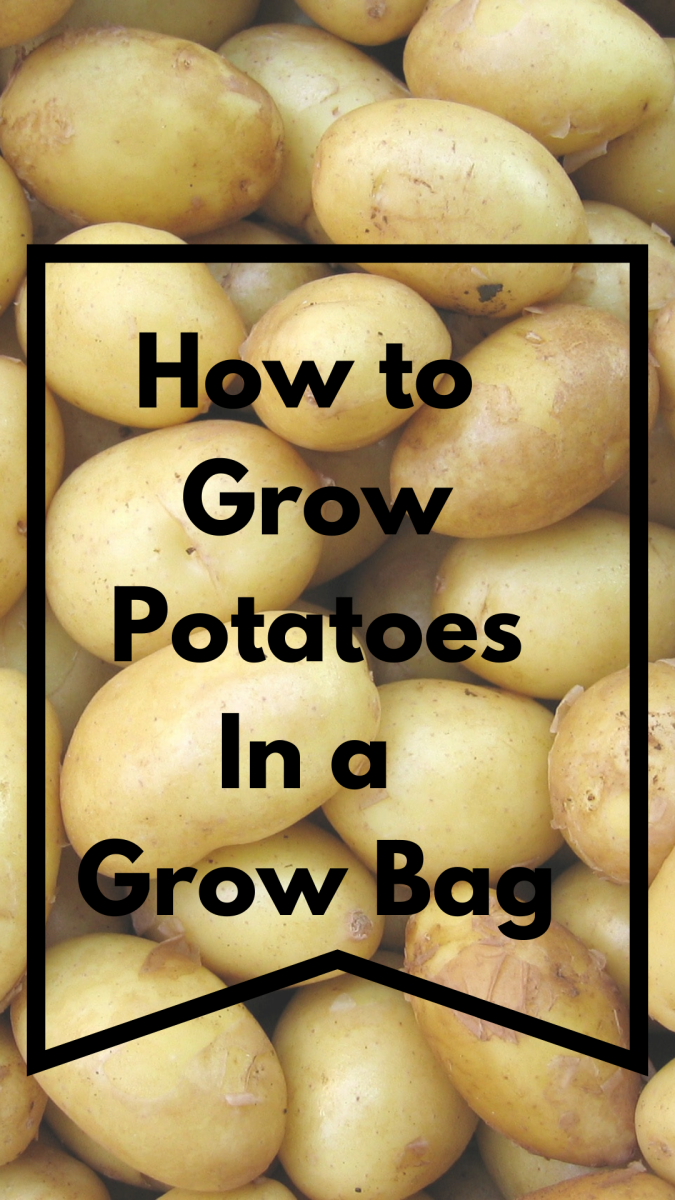Perennials with Purpose
Introduction
Recently I have been on a quest to fill my garden with perennials that are useful and provide more then just beauty. In my search I have found many herbs and spices that will continue to grow again and again year after year. I prefer plants that serve a purpose, weather it be culinary, medical, or are beneficial to the health of garden. I started this article so I could share some of my findings with you my wonderful readers. First let me tell you that perennials vary depending on your location, there are some that do not come back in colder growing zones, like the one that I am in. I currently reside on the edge of zones 3-4 depending on the map you reference. With that in mind this article will only feature those perennials that are successful in these zones.
Disclaimer: Before using any of these herbs medically it is recommended that you consult your doctor.
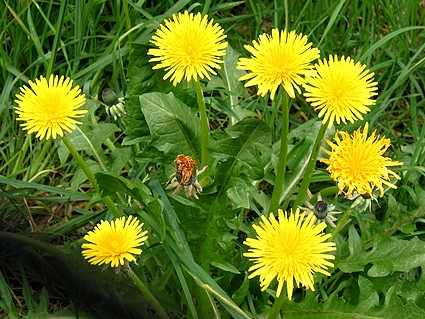
Dandelion
The First Perennial of choice is the ever dreaded Dandelion known as an annoying weed to most home gardeners. Dandelions hold a special place of honor in the food and medicine worlds. Rather than poisoning it to extinction, it would make better sense to put it to use as food or a medicinal herb. The benefits of which are numerous, inculding but not limited to:
-
Acne: Dandelion juice is a good detoxifier, diuretic, stimulant and anti oxidant. These four properties make it a good treatment for acne.
-
Weight Loss: Reduces water weight through its diuretic effect and stimulates the livers bile flow thus improving fat metabolism in the body. It may also help the liver regulate blood sugars to avoid hypoglycemia (low blood sugar), frequently the cause of binge eating.
-
Cancer: Dandelion is high in anti oxidants such as vitamin-C and Luteolin which helps protect from cancer.
-
Anemia: Dandelion has pretty good iron, vitamin and protein content.
-
High Blood Pressure: Urinating is an effective way of lowering blood pressure. The Dandalion is a diuretic, increases urinating, both in quantity and frequency. The fiber helps in reducing cholesterol. It is also loaded with potassium, which is very effective in lowering blood pressure by replacing sodium.
-
Bone Health: Dandelion is rich in calcium, which is essential for growth and strength of bones.
-
Liver Disorders: Ccompounds in it help treat hemorrhage in liver, maintaining proper flow of bile etc. It also stimulates liver and promotes digestion.
-
Diabetes: Dandelion juice can help diabetic patients by stimulating production of insulin from pancreas and thus help keeping low the blood sugar level.
-
Urinary Disorders: Dandelion is highly diuretic in nature. Thereby it helps clean deposits of toxic substances in the kidneys and the urinary system. Moreover, its disinfectant properties inhibit microbial growth in the urinary system.
Dandelions grow in most any soil type even in the cracks in the side walk and have a long taproot and can regrow foliage even when cut off at the ground. Warm soil and a bit of light ensures a high rate of seed germanation. A single plant can form very large clumps, if left undisturbed. Extremely invasive, requiring only a short time to crowd out weaker plants.
Dandalions do well in containers and is an easy way to enjoy the benefits with out infesting your yard. Your neighbors will look at you like you have lost it, but Dandelions have been grown as pot herbs all over the world for centuries.
Use the leaves in fresh salads and as cooked greens, much like spinach. When harvesting leaves, do so while the plants are young (before the flower bud develops). Cut the plant foliage to the ground and wait for new foliage to appear, then cut to the ground again. This can be done 2-3 times before the plant becomes too bitter. In the fall mature plants lose their bitterness after a few frosts.
Collect dandelion roots any time of year. Dig carefully and avoid breaking the root, the milky substance that contains the good stuff will bleed out if the root is cut. Cut off the foliage, again without cutting into the root, then wash the root. Roast the root in a 250 degree oven, turning occasionally until dry, but not burned. Grind in a coffee grinder for tea or slice and add chunks to soups, stews, and vegetable side dishes.
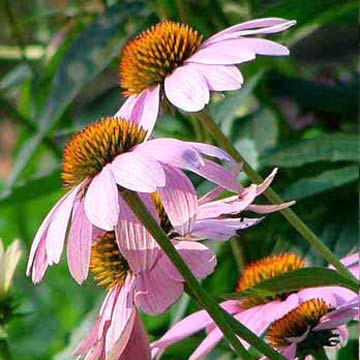
Echinacea
Echinacea (Purple Coneflower, Coneflower, or Snakeroot) is one of the more well-known herbs of our time. Used widely by all the Native Americans as a remedy for burns, insect bites, and minor scrapes.
Echinacea is easy to start from seed, prefers full sun but does well in partial shade. It also attracts beneficial bees and butterflies. In the garden, It is a Cold hardy perennial plant that does well in almost any soil conditions, and handles drought very well. lasting up to a week or more, It makes a wonder cut flower with its long stems and beautiful purple petaled tops. Besides treating it to a splash of fertilizer in the spring or fall it does well on it's own.
Echinacea is useful as a medical herb with little to no culinary use. It is known to be a good treatment for slow-healing wounds and skin infections. You can drink an echinacea herbal tea once per day, for boosting the immune system during colds, flus, nasal congestion, or upper respiratory infections as well as urinary tract infections. For skin irritation like minor cuts and burns apply Echinacea creams or ointments directly to the infected area. When harvesting the root for medicinal use, wait until the plant has been through several hard frosts and has died back.
Side effects are rare in a majority of the population. Allergic reactions such as skin rashes may occur to those that have an existing allergy to plants such as
ragweed, marigolds, chrysanthemums, or daisies.
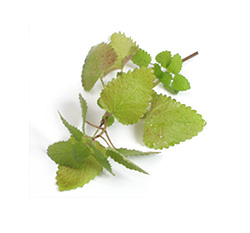
Lemon Balm
Lemon Balm is a perennial herb that is grown mostly for culinary purposes. It
is a member of the mint family. Lemon Balm is perfectly safe
for ingestion, and has a light, lemony scent with maybe a hint of mint. Add fresh
Lemon Balm leaves to green salads, fruit salads, chicken salads, poultry
stuffings, and fish marinades.
Lemon
Balm does well in less than perfect conditions, but prefers rich, moist soil in either full sun or partial shade. Flowers are fairly small and white or off-white, with the same taste and properties as
the leaves. Lemon Balm will appreciate a
nice blanket of mulch in fall. Like others in the mint family it does well in containers.
Lemon Balm can be used fresh, dried, or ground. Harvest before it flowers for optimum taste. Dry it quickly because it loses much of its taste in long drying processes. Use both dried leaves and stems for Teas.
Grown mostly for its flavor, Lemon balm has a long list of medicinal uses as well. According to the researchers, lemon balm leaves have antibacterial and antiviral properties. Used as sedative in the treatment of depression and to minimize the effects of depression. It has antispasmodic effect on the stomach and lessens the effect of stomach gas and cramps. It aids in the treatment of thyroid, flu, insomnia, indigestion and the herpes virus. It is also used to lower blood pressure and improves the memory.
Thank you for the visit
I plan to continue to add to this hub as I uncover new and amazing perennials with purpose, so check back often.

